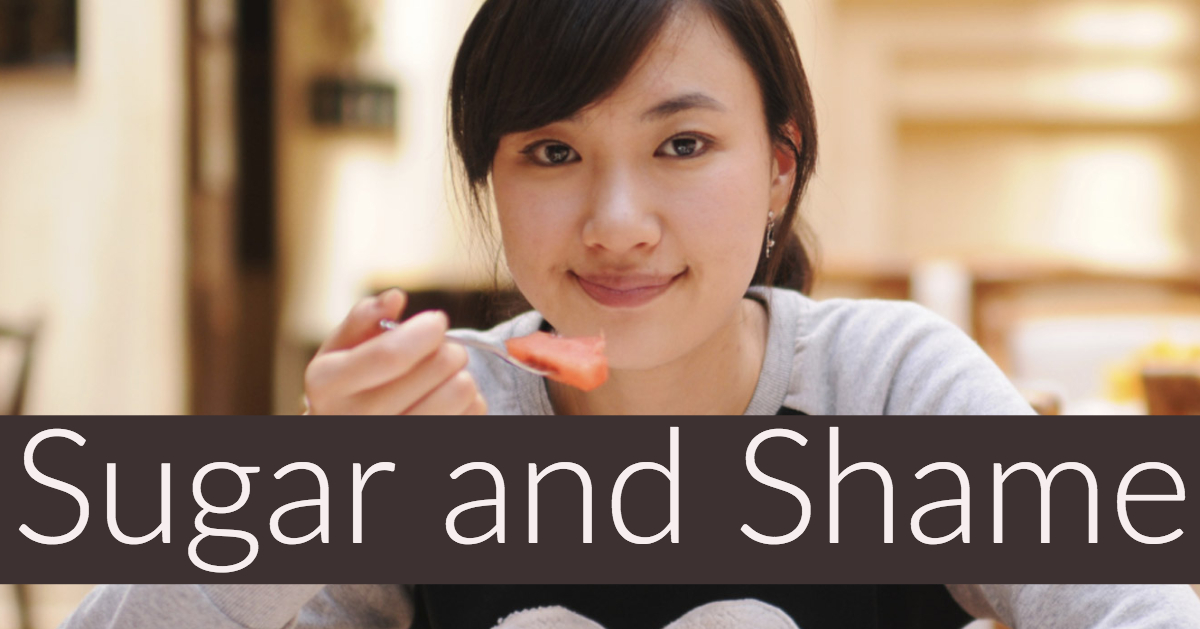
Do you like ethnic food? Me too. What with it being a subset of “food,” the odds were good! I’ve found though, with the exception of baklava, that desserts from other places seem so odd to me. Beans in ice cream, sweets named “barfi,” and pastries so sugary I can hardly eat more than four! But you know they’re loved. People buy them and eat them and smile! What if they had some really good normal desserts, though? Don’t you think they’d love them more? Some pumpkin pie or a deep fried Oreo. Now you’re talking. Hey, do you think they think our desserts are bad? Is that what they’re saying? That we don’t know what a good treat is? Hold on there, buddy. Knowing something is real when it feels so foreign, so unlikely, can really stretch your brain. Knowing a Muslim encountering the Bible is more concerned with removing shame and restoring honor than admitting guilt and receiving forgiveness, feels like truth denied. But what if God is ok with the way they see things, has in fact chosen to speak in words and ideas that connect deeply? Dr. Timothy Tennent writes, “The term guilt and its various derivatives occur 145 times in the Old Testament and 10 times in the New Testament, whereas the term shame and its derivatives occur nearly 300 times in the Old Testament and 45 times in the New Testament.” As we consider this Shame/Honor paradigm, I want us to avoid two likely mistakes: These ideas are important, because the risk is high we’ll assume Muslims are cold to the things of God (“Resistant” has been the go to word.), when maybe they’ve been pitched an answer to a question they’re not asking. The good news of life in Jesus comes to them healing deep, but different, aches of the soul. Learn more here. Next time we’ll kick around how shame/honor dynamics are affected when someone from a shame culture moves into (or grows up in) a guilt/innocence culture. If you’ve wrestled with this, I’d love to hear your thoughts. |
Sugar and Shame
(Visited 4 times, 1 visits today)
Filed under Uncategorized
